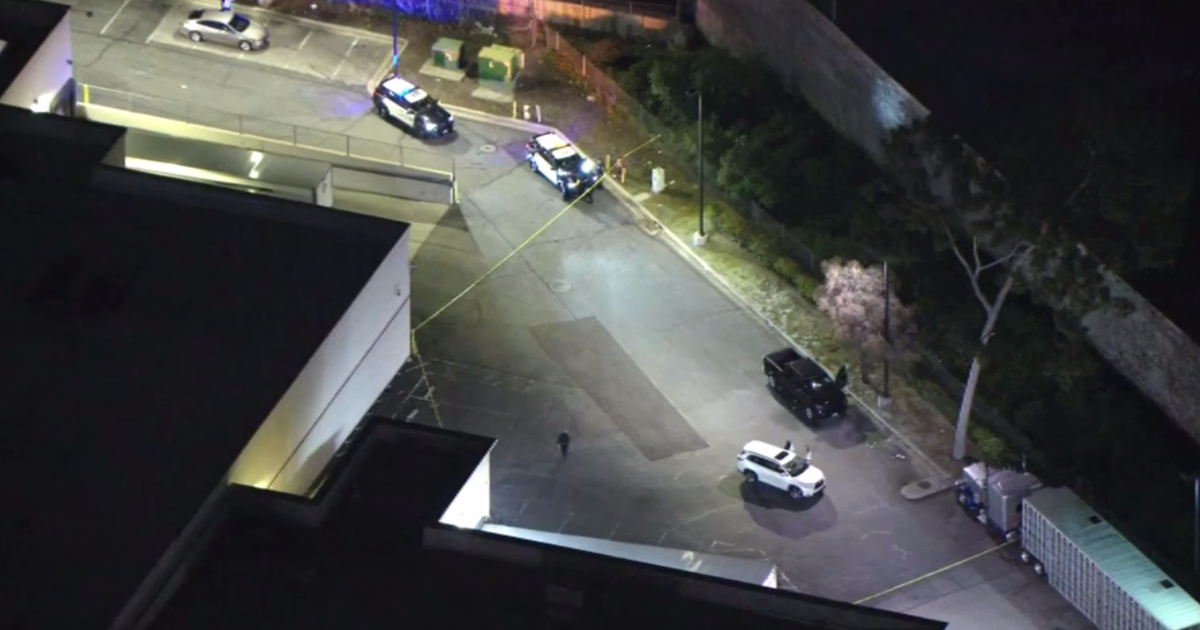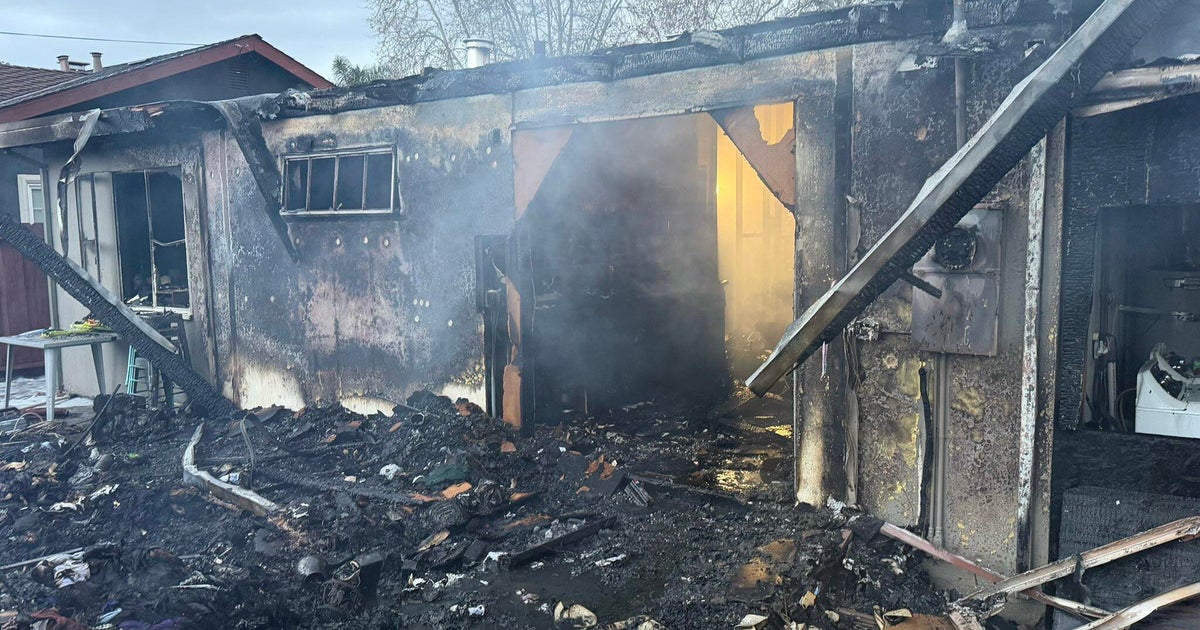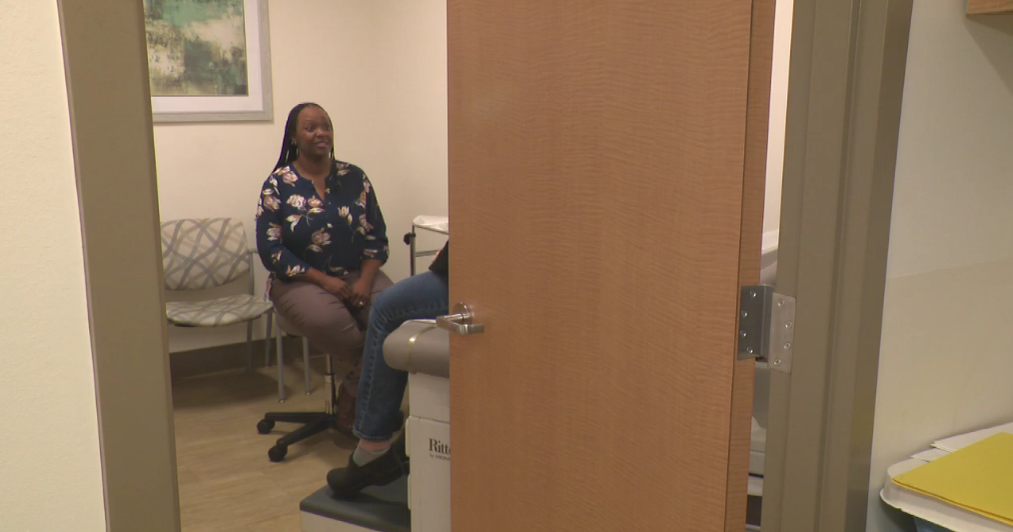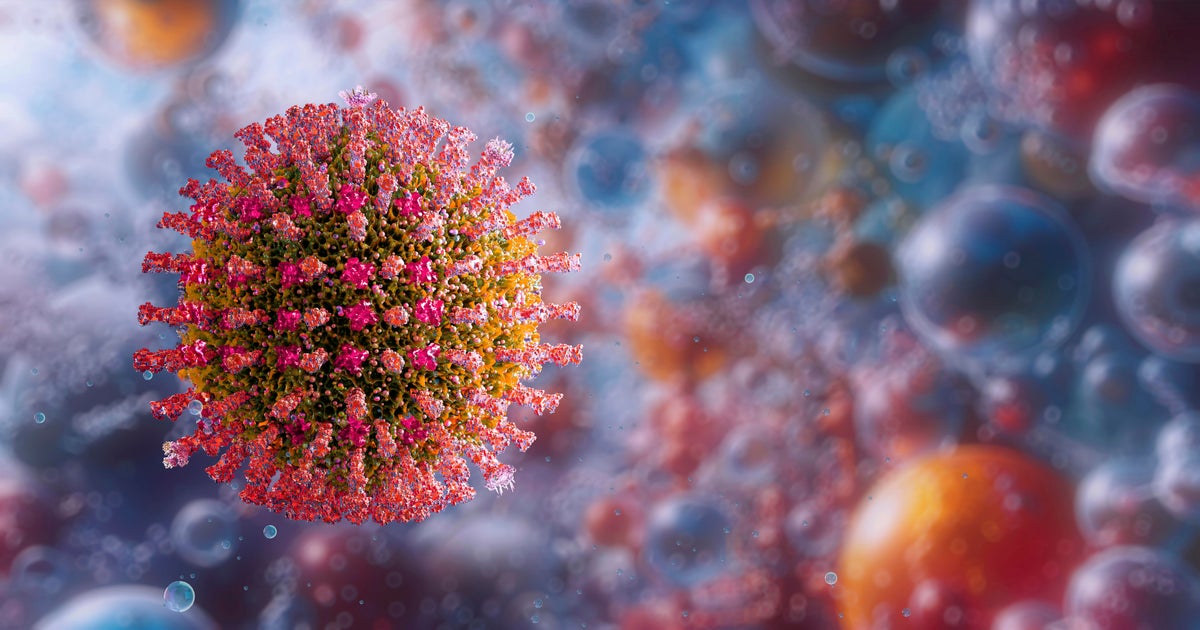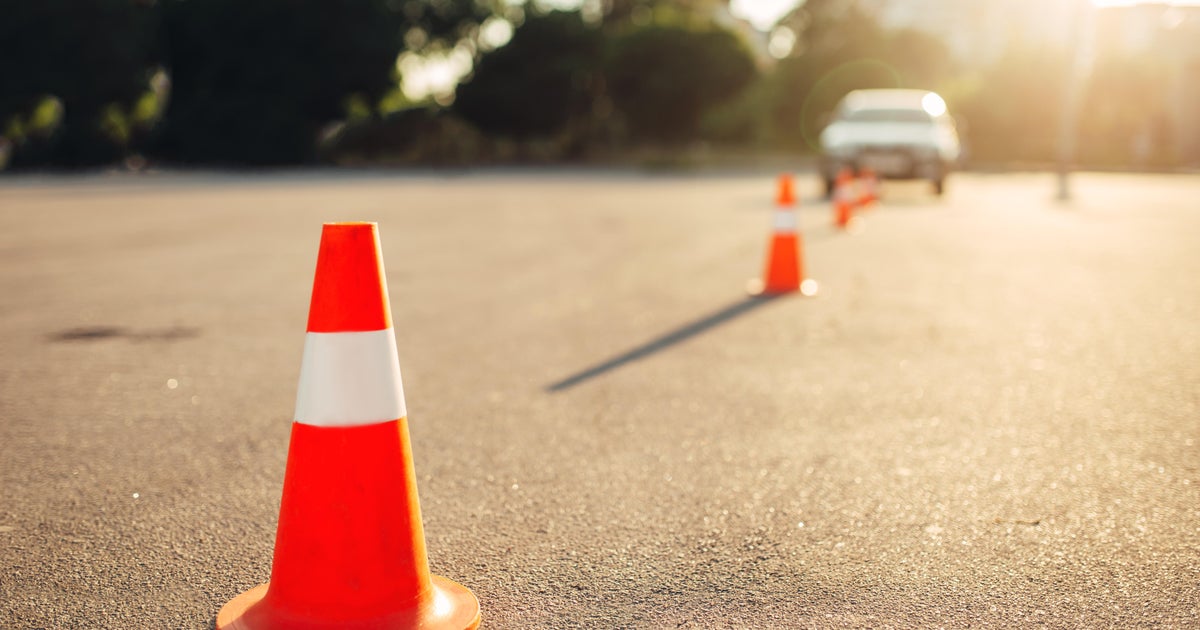Ruby Princess Cruise Ship Returns To San Francisco With COVID-Infected Passengers
SAN FRANCISCO (CBS SF) -- The cruise ship Ruby Princess docked in San Francisco following a 10-day cruise to Mexico early Thursday with several passengers aboard who have tested positive for COVID-19, cruise line officials have confirmed.
San Francisco port officials said under a local health mandate, the Ruby Princess crew had randomly tested 25% of all passengers debarking at San Francisco. Among those, 12 tested positive.
"All individuals are either asymptomatic or experiencing mild symptoms," port officials said. "No passenger has required medical attention and no hospitalization is needed. Per the (mandate), Princess Cruises has provided private transport and quarantine accommodations."
The mandate was put together in agreement with the port, San Francisco Public Health and the cruise lines that use the city as a destination.
In an email to KPIX 5, the cruise line said the "guests who tested positive will either return home via their personal vehicles or be taken to hotels coordinated in advance for quarantine."
Negin Kamali, a spokesperson for Princess Cruises, said the 10-day cruise was operated as a "vaccinated cruise," with vaccination rates among guests and crews "approaching 100%."
Before getting on board the Ruby Princess, passengers Pam and Bob Herron said they were asked to provide a negative COVID test.
"We've done 28 cruises on Princess," said Pam Herron. "They're cleaning everything continuously. You have to wear your mask at all times, even outside."
As they disembarked Thursday morning, they told KPIX they had not been notified of any positive cases on board.
"I actually had a friend that was [positive], but he was a very mild case," said cruise passenger Joe Donnelly. "I think he's gonna go through that 5-day protocol. They're going to put him in a hotel."
UCSF infectious disease specialist Dr. Peter Chin-Hong said with positive COVID cases on a cruise, passengers are at high risk of exposure. He says passengers should isolate as much as possible, test after disembarking and -- most importantly -- get a PCR test three to five days after.
"Definitely quarantine if you don't know you have it," said Chin-Hong. "Test with a good test, up your mask game."
He added that positive cases on a cruise aren't surprising, especially with omicron, but noted that we are in a very different place in this pandemic compared to two years ago.
"The big difference between two years ago and this year are a lot of people are vaccinated and boosted," said Chin-Hong. "We know that even if they get exposed from a passenger on the ship, that they're not going to get, statistically speaking, serious disease, hospitalization and death."
After all passengers depart the vessel on Thursday morning it was scheduled to load up another group of passengers and leave later Thursday on another 10-day cruise to Mexico.
Earlier this week, the Centers for Disease Control and Prevention announced that all 92 ships with passengers have met the threshold for investigation by the public health agency.
In every case, the CDC said, it has either started an investigation or has investigated and continues to observe cruises. The agency has warned all travelers, including those who are vaccinated, to avoid cruise ships.
"Avoid cruise travel, regardless of vaccination status," the CDC posted on its website. "Even fully vaccinated travelers may be at risk for getting and spreading COVID-19 variants. The virus that causes COVID-19 spreads easily between people in close quarters on board ships, and the chance of getting COVID-19 on cruise ships is very high, even if you are fully vaccinated and have received a COVID-19 vaccine booster dose."
The advice came after the agency said the number of cruise ship cases skyrocketed from 162 in the first two weeks of December to 5,013 between Dec. 15 and 29.
Cruise ships began docking in San Francisco once again in October, a year and a half after the Grand Princess became an early worldwide symbol of the COVID pandemic when it had an outbreak among the passengers and crew. The ship was anchored in San Francisco Bay for nearly three weeks after initially being prevented from docking.
During that time more than 100 passengers and crew tested positive, and seven people died. Only about a third of the more than 3,500 people aboard were tested.
